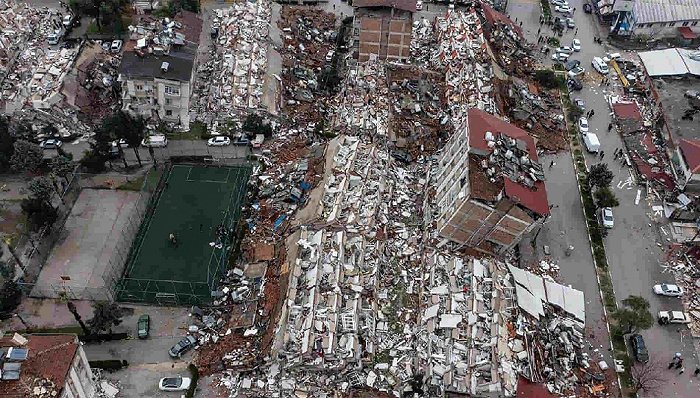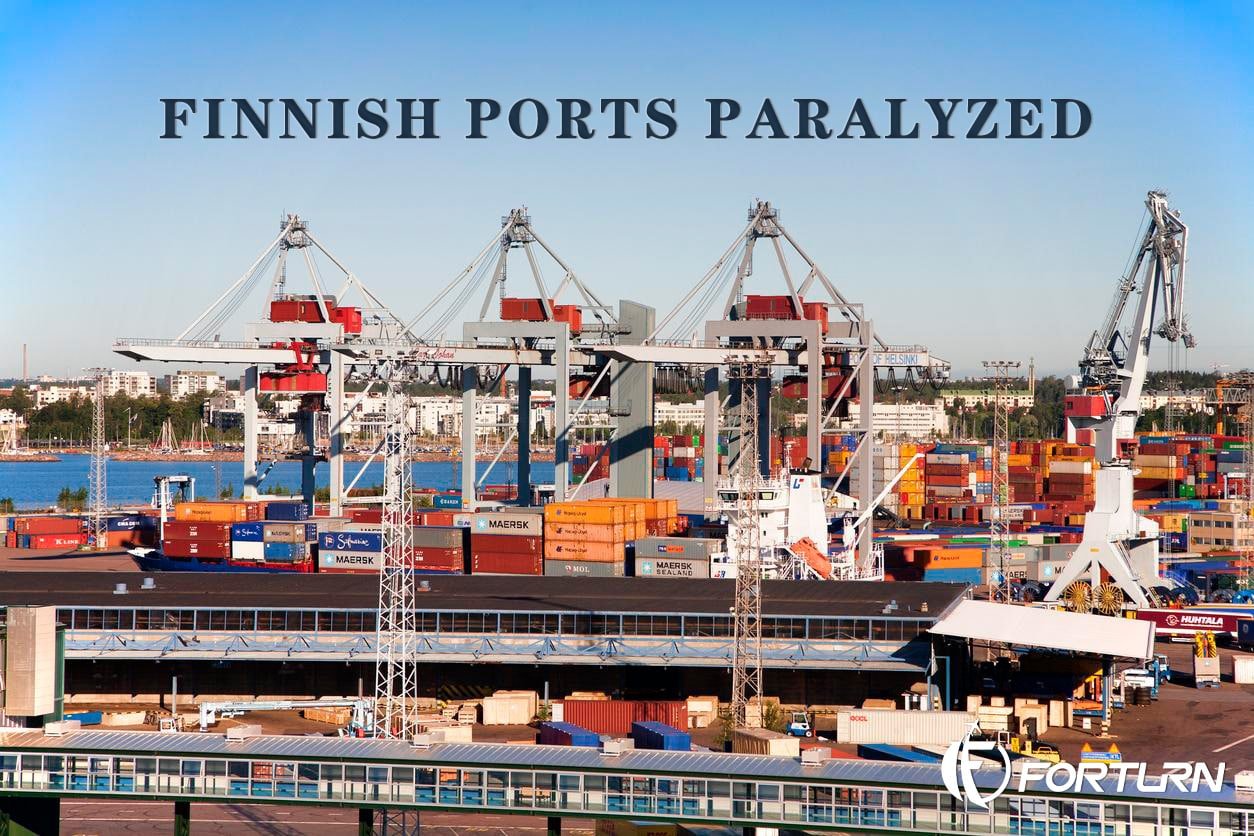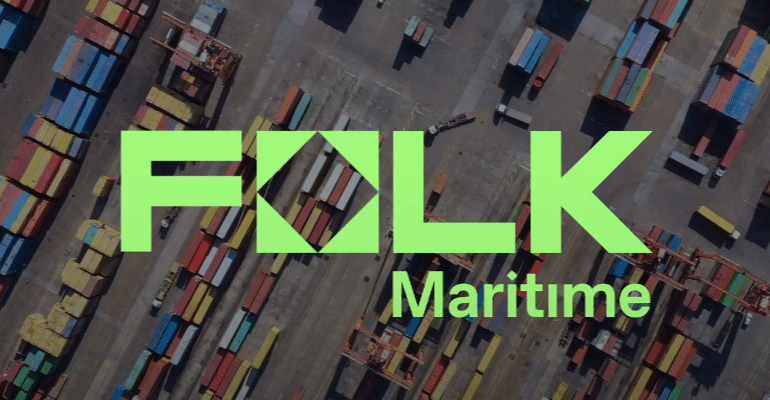After the earthquake in Turkey, how will the global supply chain be impacted?
On February 6, several strong earthquakes hit the border area between southern Turkey and Syria, causing serious casualties and property losses. The earthquake also caused heavy damage to the Turkish economy. Among them, Turkey’s textile industry, which accounts for one-tenth of Turkey’s gross national product, is also affected by the earthquake to a certain extent. In 2022, Turkey’s textile and garment exports have reached $34.4 million, which is an important part of the country’s economy. From the perspective of Turkey’s location conditions, the impact of the earthquake may even affect the global supply chain.
Turkey is an important textile-exporting country in the world
On February 7, Borsa Istanbul, a Turkish securities trading platform, disclosed on a public platform that the strong earthquake centered on Kahramanmaras had affected 10 parts of Turkey. Shares of companies in the earthquake zone traded until those companies made special disclosures about how they were affected by the quake. Among the companies that have suspended stock trading, Turkish textile news media Textilegence reported that eight of them are textile and apparel companies. Their customers include well-known European brands such as H&M, ZARA, Puma, Burberry, and Louis Vuitton. Data for 2021 show that Turkey’s textile and clothing exports to the EU reached $129 billion that year, a year-on-year increase of 33.8%, a record high. For EU textile retailers, Turkish cotton woven fabrics, tablecloths, and home textiles are very competitive in the global market. Therefore, once the Turkish textile industry is shut down, it will have a greater impact on related companies.


How has the international textile industry been affected
The IHKIB spokesman said: “Since the textile industry is mainly concentrated in the Istanbul area, we do not expect the earthquake to have a substantial impact on the Turkish textile industry. However, we are still clarifying the specific impact of the earthquake.” It is reported that in recent years, some European and American brands have re-arranged the supply chain on a global scale and transferred some orders from regional markets such as China to other countries. For European brands, Istanbul’s textile industry, which is at the core of the junction of Europe and Asia, has just undertaken some orders transferred from the previous production area. Istanbul is the largest city in Turkey and the center of the country’s economic life. Due to its location at the junction of international land and sea trade routes, Istanbul has been the core of the country’s textile industry for nearly a century. Around Istanbul, a large number of related trading companies have gathered.
The Turkish Ministry of Commerce mentioned in the 2022 Textile Industry Report that due to Istanbul becoming a fashion and shopping mall, most textile companies have shifted production to the interior areas, including Bursa and Tekirdag, which are very close to Istanbul. Data show that the scale of textile and clothing production near Istanbul accounts for about 75% of the country’s exports. The epicenter of the strong earthquake in Turkey is located in the Kahramanmaras area of Turkey and the Gaziantep region. It is expected that the direct impact on the textile industry in Istanbul and northwestern Turkey will be limited. The factories of some brands were directly affected, while other brands were not affected by the earthquake.
The strong earthquake may affect the global industrial chain
From the perspective of Turkey’s location conditions, the impact of this earthquake may affect the whole world. Turkey is known as the crossroad connecting Asia, Europe, and Africa, and it is also an important traffic route. According to news, affected by the earthquake, some containers in Iskenderun Port collapsed, causing a circuit failure, and a raging fire broke out afterward. Until the morning of February 7 local time, the fire in Iskenderun Port continued and spread to many areas of the port. Iskenderun Port has reportedly suspended operations due to damage caused by the quake. Iskenderun Port is the second largest port in southeastern Turkey.

Disruption of port operations caused by the earthquake in Turkey may affect its chrome ore exports. Data show that Turkey’s chrome ore output will be about 7 million tons in 2021, accounting for 16.9% of the world’s total. Turkey is also a major transit point for grain exports from Eastern Europe, and Istanbul has previously established a joint coordination center to ensure the safety of grain transportation. At present, the impact of the Turkish earthquake on global shipping and trade is still unclear, but some analysts pointed out that Turkey is located in the global shipping fortress, and the Bosporus Strait in the middle is an important shipping lane for world freight. It will bring more uncertainties to the normal navigation of the country and the strait.










